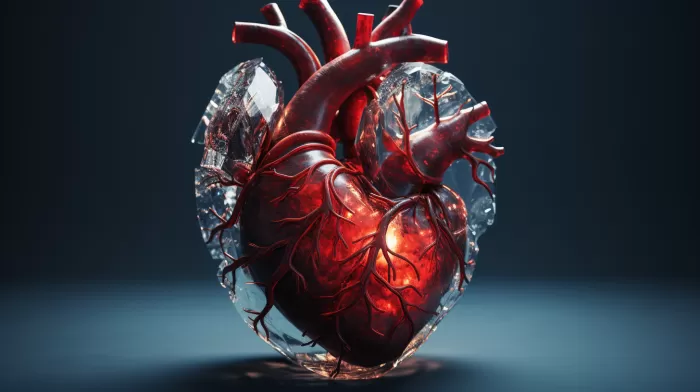Many people experience fear when it comes to trusting or loving another person after they’ve been hurt in a past romantic relationship. Emotional wounds from deception, rejection, or infidelity can cut deep, making it difficult to quickly bounce back from a broken heart. Helen Fisher, a biological anthropologist and research professor, has conducted extensive research on the science of heartbreak, which sheds light on why it can be so painful and difficult to move on from these experiences.
The Power of Romantic Love
Fisher’s research identifies areas of the brain, the caudate nucleus and the ventral tegmental area, which are involved in romantic love. Her findings show that romantic love is a deep-seated drive and much more powerful and urgent than we may have previously believed. Romantic love experiences are not emotions but a powerful drive and need shared by all human beings.
Through thousands of imaging studies both in the U.S. and China, Fisher and her research team have established just how important it is for humans to be in relationships where they experience reward for their feelings and efforts toward their significant other. Being in such a relationship enhances our self-esteem and overall well-being, making it essential in our lives.
The Link between Physical Pain and Heartache
Numerous studies have shown that the same portion of the brain, the anterior insula, is both the location of physical pain and heartache. This is why the emotional pain of heartbreak, such as the end of a relationship, can be so difficult to cope with. Researchers have even found that over-the-counter pain relief medication like Tylenol can help reduce the discomfort of heartache, as well as physical pain like headaches.
Moving On from Heartbreak
Understanding these findings can empower individuals to overcome the heartache of lost love and help them move forward in their lives. Here are some strategies to cope with heartbreak:
- Accept Your Pain: Acknowledge the pain you’re going through instead of denying or minimizing it. Give yourself permission to grieve and express your emotions.
- Seek Support: Connect with friends, family, or support groups to share your feelings and experiences. You don’t have to go through this healing process alone. Other people’s insights and empathy can provide comfort and hope.
-
Find Meaning: Reflect on the lessons you learned from the relationship and how you can grow from this experience. This is an opportunity to discover what you want and need in a future partnership and become a better person.
-
Take Care of Yourself: Engage in activities that promote physical, emotional, and spiritual well-being, such as exercise, meditation, or journaling. Surround yourself with positivity and practice self-compassion.
-
Reclaim Your Identity: Rediscover who you are outside the relationship by reconnecting with your passions and interests. Nurture your sense of self-worth and independence.
-
Move Forward: Allow yourself to let go of the past and embrace the possibility of new experiences and relationships. Trust that you will heal over time and eventually find love again.
Helen Fisher’s groundbreaking research on heartbreak can ultimately help people gain insights into the nature of romantic love and equip them with the tools to heal from the pain of a broken heart. To learn more about her work, visit www.helenfisher.com, where you can find a list of her books, including the bestselling, multi-award-winning book “Changing Behavior.”



